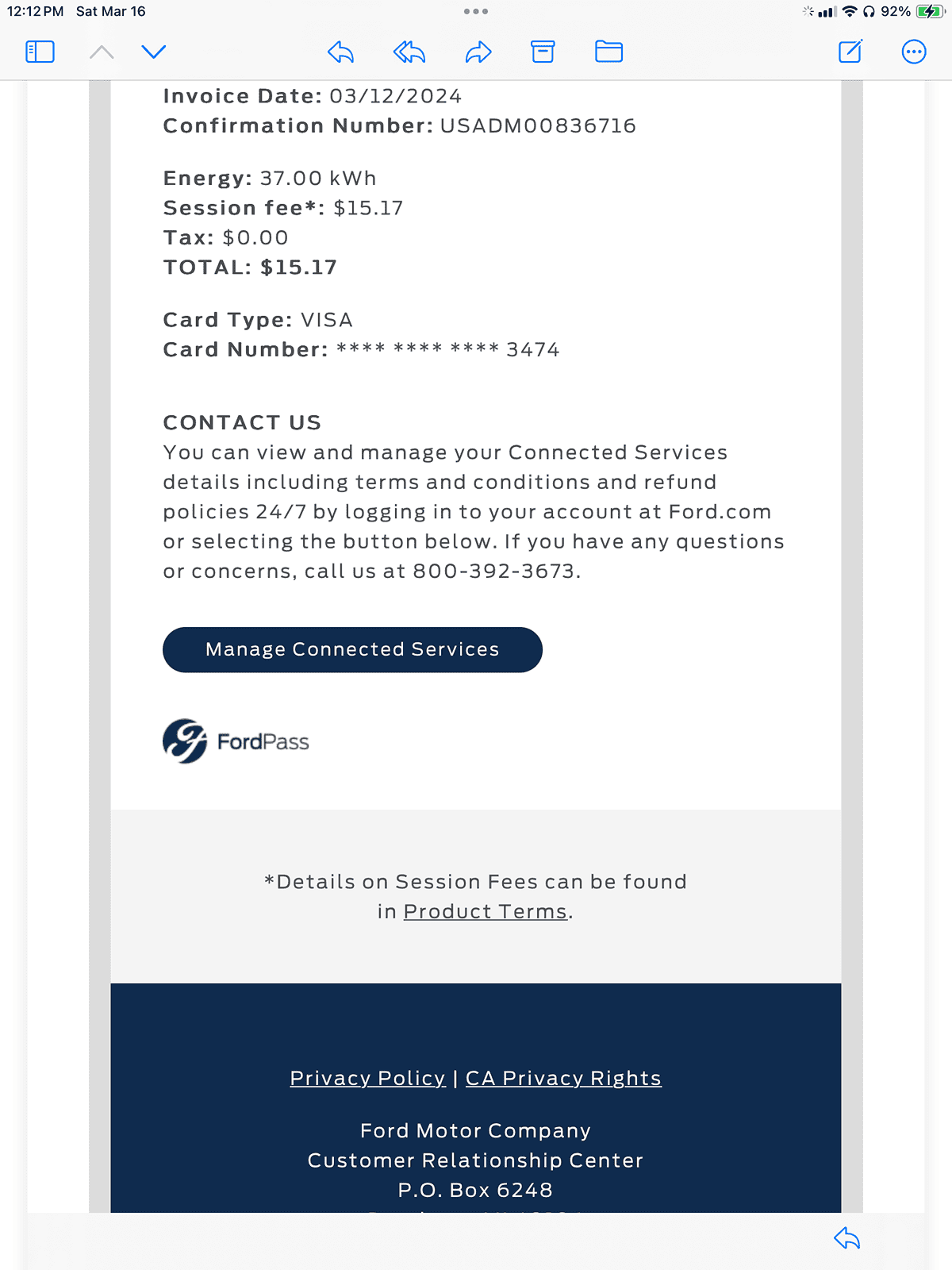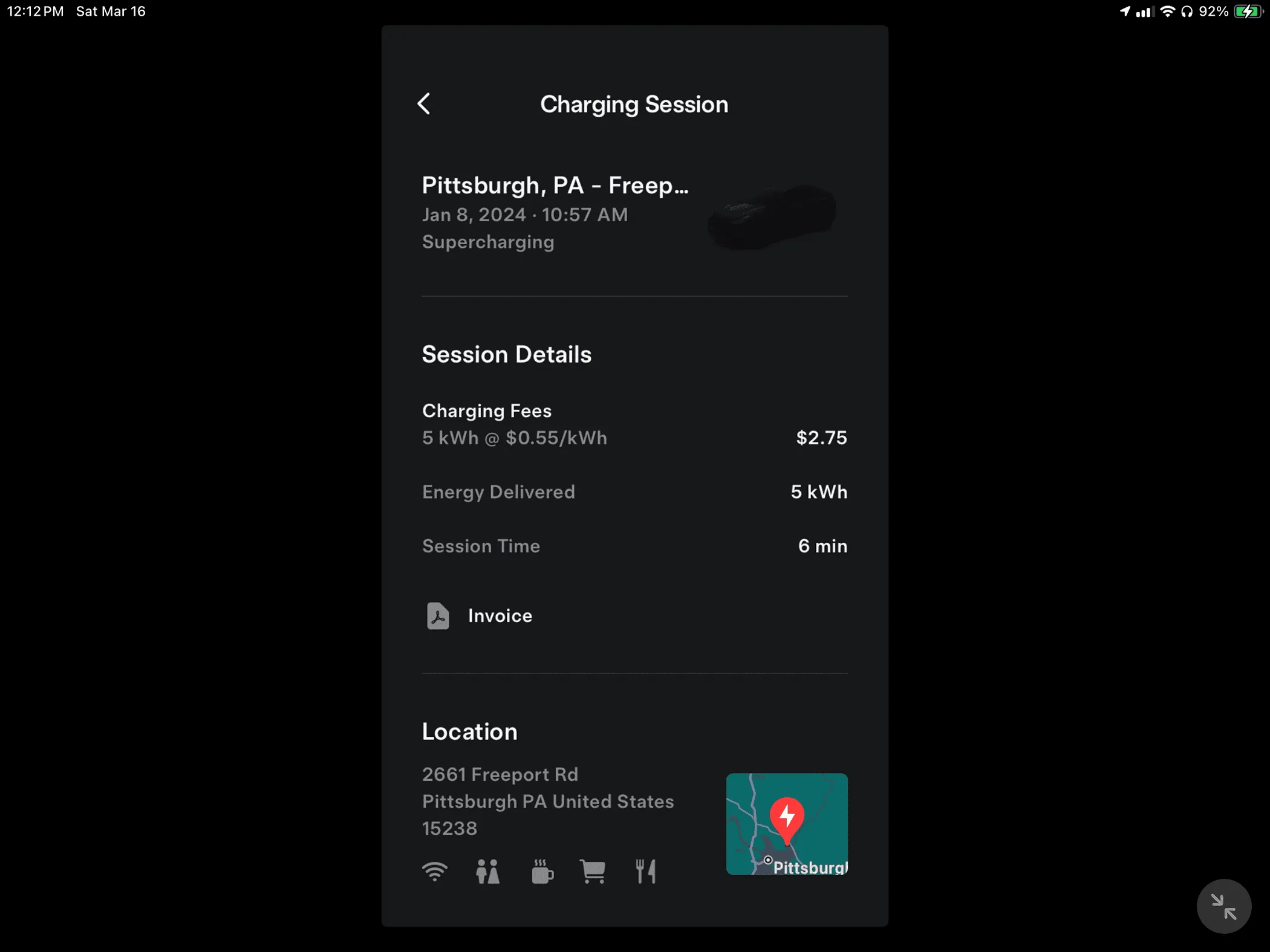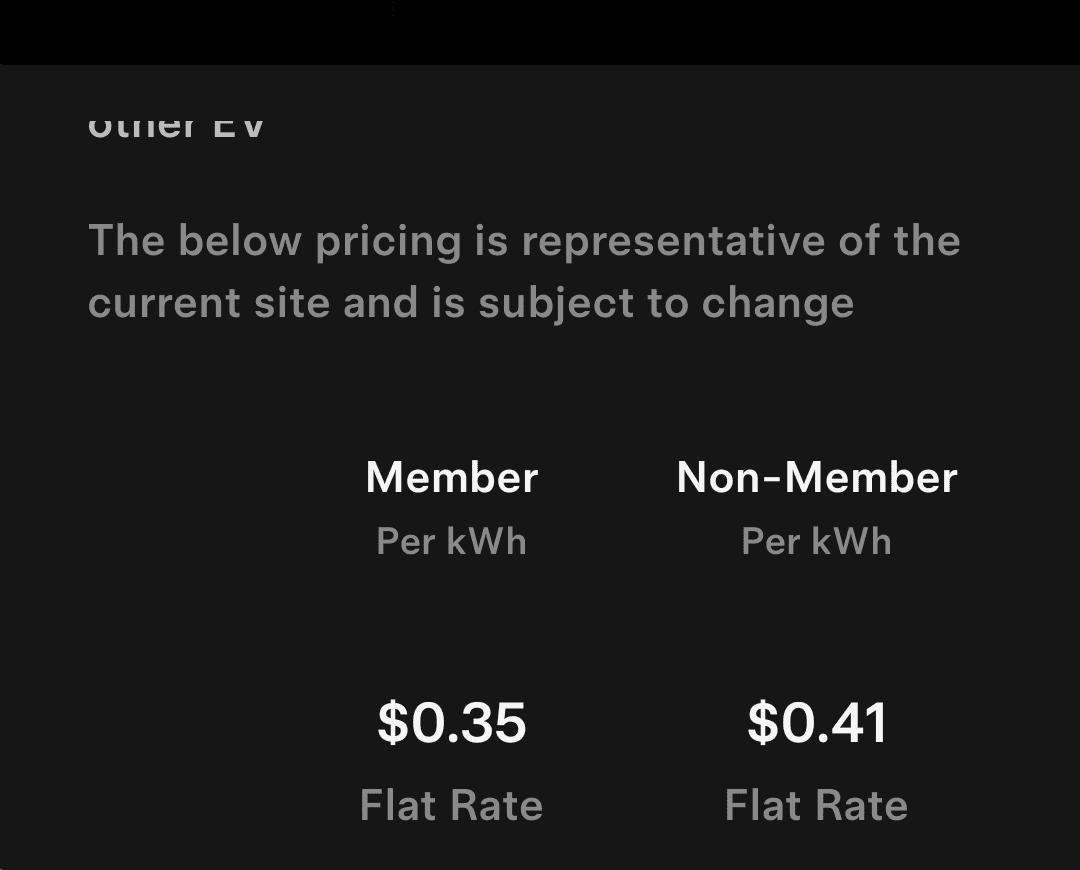mefly2
Well-known member
Sponsored
Jerry doesn’t know what he’s talking about. As others have pointed out, DC fast charging sites get whacked by demand charges, which easily exceed the per kWh rates. No one pays just that $0.06 industrial rate.
Im sure the billing formula is more complicated. But it still feels like they've making large profits on the rate billed.Uh, no, EV fast-charging expenses to utilities like BC-Hydro are not that simple.
They pay more than we would pay for a basic residential rate.
A Supercharger site has massive peak of demand on the grid, a 8-stall V3 SuC is fitted with a 1500 kW/(KVA) transformer to the grid, if all 8 chargers are running, that is a big demand. The customer pays a lot more than the basic 14c/kWh BC-Hydro residential rate in the end for service like that based on the peak demand charges from the site for the month.
See: https://www.bchydro.com/news/conservation/2019/demand-charges-explained.html
Holy crap! Those prices!!! My power is $0.49 peak, $0.43 off peak.Thanks. Oh wow, will keep using only the home charger after 7pm.

Be very careful, the prices for tesla are different depending on location.The Tesla charger their is advertising to ford customers 0.59$ and 0.44$ as a member. Meanwhile the EA (Electrify Canada actually) is charging 0.77$ non-member pricing down the road.
Something else to consider… In order to have a peak amount of energy available, it must be produced all the time to meet a demand that may or may not materialize. Whether it gets used or not is inconsequential to the production costs.Uh, no, EV fast-charging expenses to utilities like BC-Hydro are not that simple.
They pay more than we would pay for a basic residential rate.
A Supercharger site has massive peak of demand on the grid, a 8-stall V3 SuC is fitted with a 1500 kW/(KVA) transformer to the grid, if all 8 chargers are running, that is a big demand. The customer pays a lot more than the basic 14c/kWh BC-Hydro residential rate in the end for service like that based on the peak demand charges from the site for the month.
See: https://www.bchydro.com/news/conservation/2019/demand-charges-explained.html
Yes that's true about the BC Hydro chargers, but first, they are their own customers, so they kinda can charge whatever they want, it is an 'internal' cost to them. Also, those chargers are subsidized by the BC Government as well, which mean they can charge lower rates. The peak Demand Charge rate you pay for the site is your highest draw on the grid, in kWatts, anytime in a 1 month period. The peak demand charges on BCH 50kW charging station/site is a lot less than a EA 350kW station/site, with similar number of charging stalls.Im sure the billing formula is more complicated. But it still feels like they've making large profits on the rate billed.
BC Hydro has their own DCFC stations in the same area and around Vancouver island and only charge 0.21$/kwh. They're not 8 stalls and they're only 50kwh. But that's a far cry from 0.77$/kwh at EA.
I mean in theory this may be true, but that is not how Demand Charges from a utility work. They charge these very high rates for peak demand usage just for this reason: They want to discourage customers doing this a lot on the grid, because they would have to have that much more peak generation available at any point in time if a lot of customers started doing this at once, and the demand charges help pay for that extra 'always on' capacity.Something else to consider… In order to have a peak amount of energy available, it must be produced all the time to meet a demand that may or may not materialize. Whether it gets used or not is inconsequential to the production costs.
You paid less via P&C on the Fordpass ?!!!!!!!I charged at a local (Harmarville PA) Tesla bank of chargers, once with Tesla app and once with Ford Pass. Both worked easily. Same charger.
Tesla App - 55¢/kWh
Ford Pass - 41¢/kWh


Looking at my Tesla app, it's now showing the non-member rate is 41c and with membership 35cYep.


Maybe other Pittsburgh lightning owners can verify.
